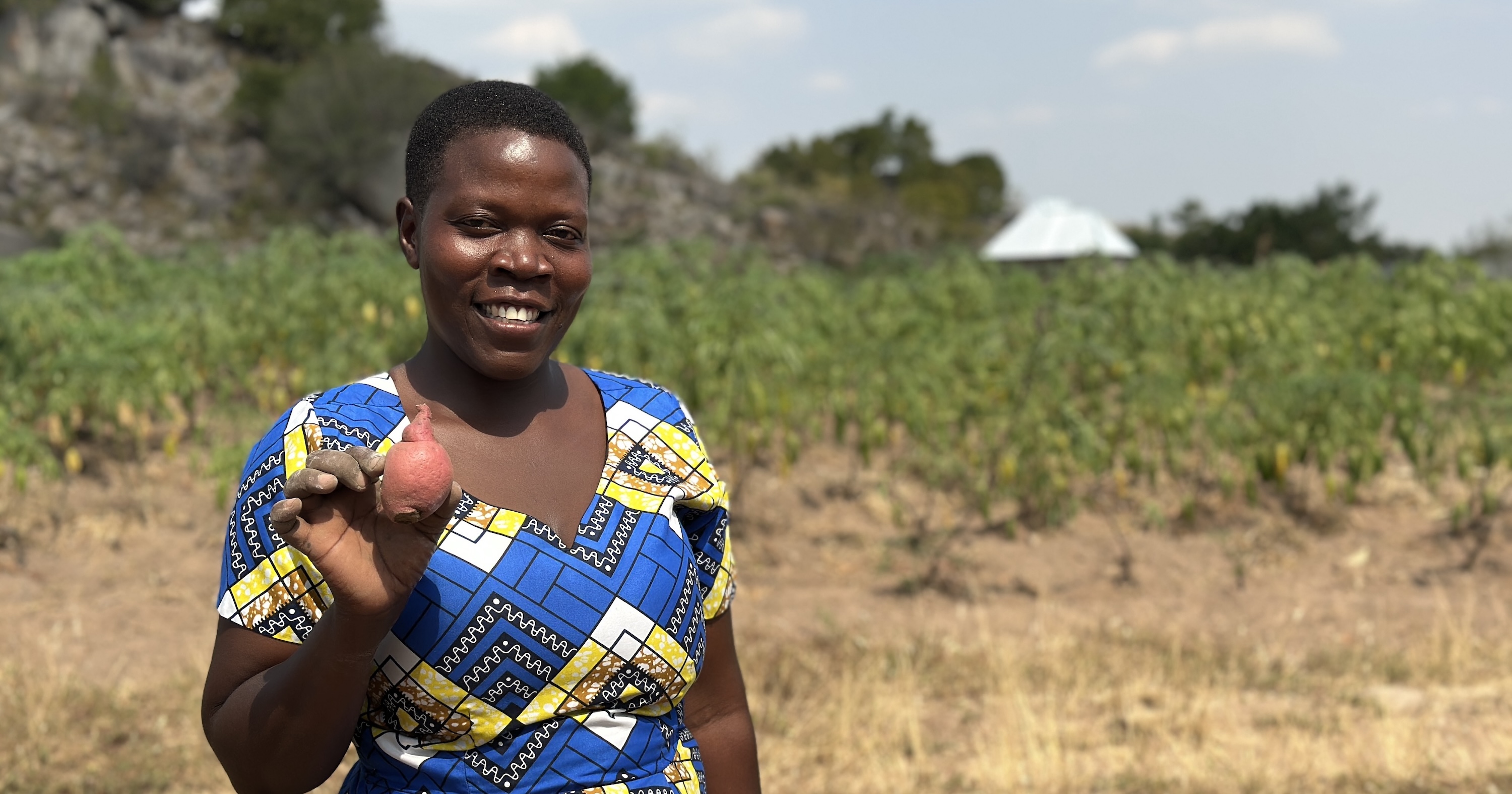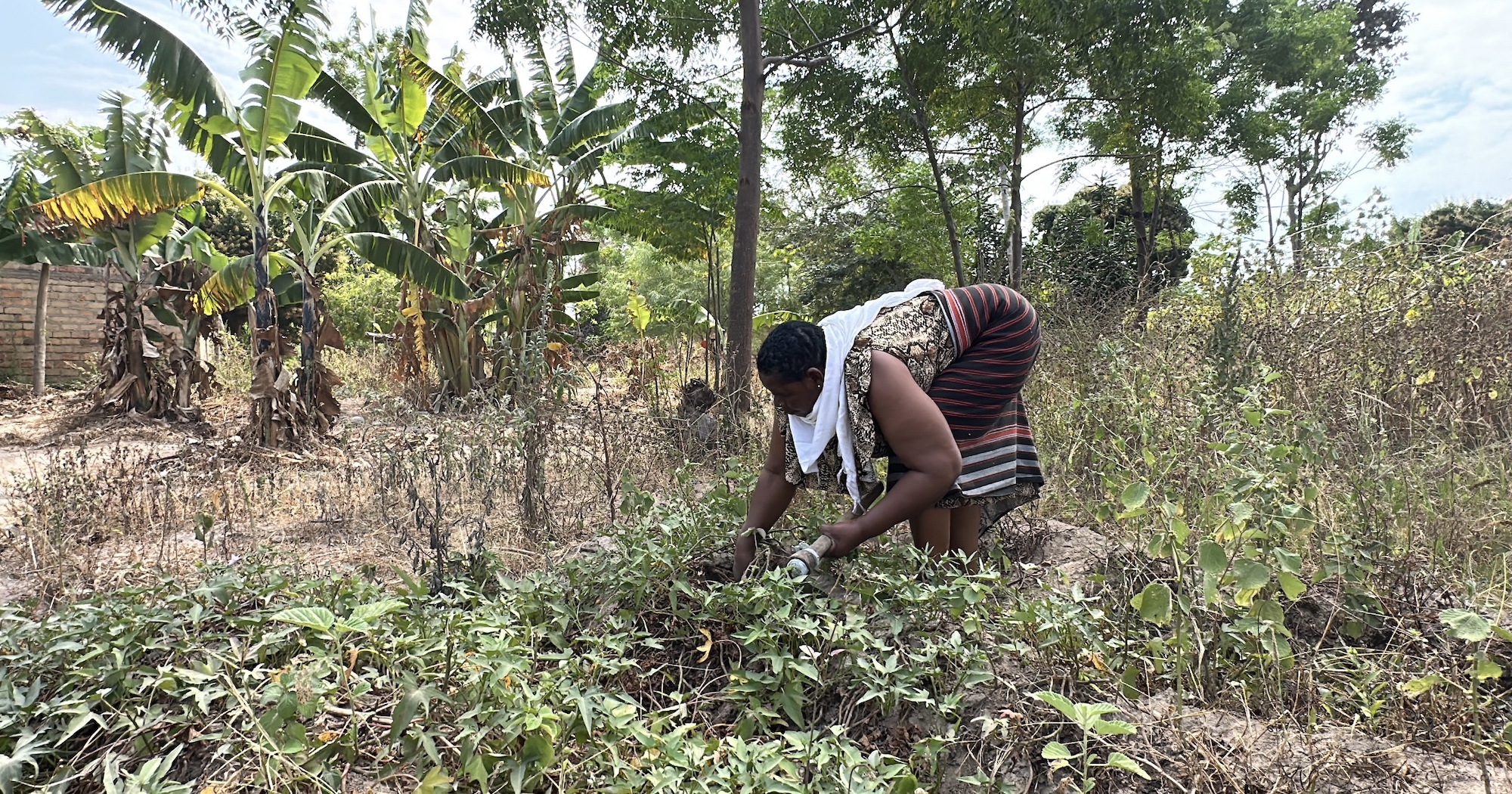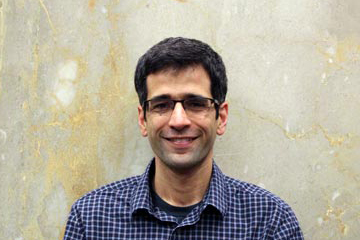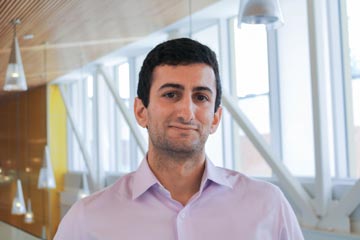Agriculture, Climate, and Environment
New technologies, big data, and counterfactual research to solve interconnected development issues
Overview
While climate change will likely prove enormously disruptive to our shared environment and global agricultural systems, the world’s poorest countries are the most vulnerable by far. They will need investments in development programs to spur the adoption of climate-sensitive agricultural practices that can adapt to unprecedented changes in weather, rainfall, and extreme heat events. Yet, aid organizations and domestic governments alike lack the information they need to efficiently invest in these programs and measure their impacts.
AidData is a pioneer in using new technologies, big data, and counterfactual research methods to better evaluate development programs. Over the last four years, we’ve mobilized nearly $8 million in funding for agriculture, climate, and environment-focused research, publishing over a dozen geospatial impact evaluations (GIEs) of programs around the world. Our interdisciplinary team has specialized expertise in GIS, survey methods, remote sensing, and machine learning, as well as substantive expertise in climate change, conservation, economic development, gender, land rights, local governance, and natural resource management.
GeoField: How can we better leverage Earth Observation data to evaluate climate-sensitive agriculture?
Bringing together experts in agriculture, climate change, data and development
AidData is leading a team of partners that has won a $4.74-million, four-year investment from the Gates Foundation for a project to spur the use of Earth Observation in how we study climate-sensitive agriculture across developing country geographies.
GeoField.org is a new effort by three organizations (AidData, DevGlobal Partners, and Mercy Corps) to bridge the gaps between three specializations: agriculture, Earth Observation, and impact evaluation. Our goal is to help aid organizations invest in and measure the impact of programs to mitigate climate change by improving access to methods and resources that provide applied insights.
Blog: AidData and partners hold conference on climate-sensitive agriculture at the UN's FAO in Rome
Case Studies
Does sweetpotato uptake spread through social networks?
We're bringing in surveys and satellite imagery to study how household impacts diverge by gender
Small-holder farmers, who cultivate 80% of farms and produce 90% of food in sub-Saharan Africa, are the most at risk from severe droughts, which have tripled in frequency since the 1970s. Helping these farmers switch to climate-resistant crops is of paramount importance. The prize-winning orange-fleshed sweetpotato is one such crop: it adapts to droughts by actually increasing its levels of amino acids and beta-carotene, important nutrients that many in developing countries are deficient in. But mass adoption requires reaching both men and women across households and solving barriers to uptake.
AidData is currently evaluating two major sweetpotato programs implemented by the International Potato Center (CIP). With generous funding from the Hewlett Foundation and William & Mary's Commonwealth Center for Energy and the Environment, we're studying how women and men's social networks and the selection of sweetpotato educators based on gender and leadership level impacts the community's adoption of sweetpotatoes in Ghana. In Ethiopia, we're working with CIP and the U.S. Agency for International Development to understand how a humanitarian assistance project that delivered sweetpotato vines and potato seeds to farmers ultimately affected households.
Did small-scale irrigation projects help farmers adapt long-term to climate change?
Drought threatens agriculture across the parched Sahel—but irrigation can help
Mali, a landlocked country in West Africa, relies on agriculture for economic growth, with 80% of its population engaged in the sector. Rising temperatures and decreasing rainfall mean more water—delivered through small-scale irrigation projects—will be needed. But do these projects bring lasting benefits? Short-term effects that seem positive might turn out to be inadequate strategies for adapting to future, harsh climate conditions. A better understanding of irrigation's long-term impacts and whether vulnerabilities were permanently reduced was needed to inform future policies.
Alongside the German Institute for Development Evaluation (DEval), AidData spent two years evaluating whether these kinds of small irrigation projects helped farmers in Mali adapt to future climate shocks. Incorporating a multitude of datasets and tracking changes across 1,000 locations in rural Mali over 20 years, we found that irrigation projects led to major, long-lasting increases in agricultural yields, with gains persisting even a decade later. As a result of increased food production, children in nearby communities were less likely to be severely underweight. Crop diversity increased substantially, and conflict risks decreased in communities near irrigation projects. The results were published in PNAS Nexus and will inform future programs.
Blog: Small irrigation projects helped farmers in Mali adapt on a large scale to extreme weather

Did dam-building projects bring different benefits depending on gender?
We're piloting a methodology to better disaggregate geospatial data by gender and correct for measurement error
Ghana struggles with widening regional inequality. Only 1.6% of its irrigable land is equipped with water management infrastructure, with the vast majority concentrated in the richer central and southern regions. Water stress due to changing rainfall patterns is making farming untenable in the north, leading to mass internal migration. To combat this, Ghana’s government launched the One Village, One Dam (1V1D) project, building a new, small-earth dam in every northern village. But did the program achieve its goals? And did the impacts change based on gender?
To answer this, AidData’s Gender Equity in Development Initiative partnered with the Ghana Center for Democratic Development (CDD-Ghana) to under how outcomes of the 1V1D program differed between men and women, especially related to household dynamics like income hiding and household bargaining. Impact evaluations rely on models that assume measurement error in data is random—but if this error is systematically skewed by gender, the entire evaluation can be biased. With funding from the Hewlett Foundation and Innovations for Poverty Action, we worked to identify the measurement error in self-reported agricultural characteristics by collecting high-quality gender-disaggregated data. This pilot project and its innovative evaluation methodology is now being scaled with other regional partners in sub-Saharan Africa.

Can developing countries accept Chinese-financed infrastructure without sacrificing their forests?
China's funding of new road infrastructure poses major environmental risks
Cambodia's forests contain some of the most biologically diverse habitats in the world, but they have experienced dramatic deforestation over the past two decades, driven by expanding agriculture and infrastructure. China is now the largest funder of infrastructure in the developing world, providing more than $85 billion annually. In Cambodia, China’s state-owned banks have funded projects to build, rehabilitate, and upgrade over 3,000 km of major roadways over the last two decades.
As part of the first study to identify the effects of Chinese government-funded road investments on nearby forests and ecosystems in a developing country setting, AidData combined decades of satellite data on forest cover with a new dataset on the precise timing and location of Chinese-funded road projects. Unlike those financed by the World Bank, these projects were discovered to be disproportionately located in areas with more plantations and natural resource concessions. We found that the projects ultimately led to significant declines in forest cover, particularly in nearby plantations, where more than half of tree cover was lost. Forest loss was worst after construction was completed and appears to be driven by rubber plantations, mediated by shifts in global rubber prices. Published in the Journal of Environmental Economics and Management, the research has implications for policymakers as China’s overseas development finance continue to expand into new regions.
Blog: Chinese-funded infrastructure in endangered forests: What is the data telling us?

Featured Publications
For partnership and media inquiries, contact:

Alex Wooley
Director of Partnerships and Communications




















